
The Classroom Comeback for COVID Calamity
Most schools have resumed in-person classes, bringing excitement, relief, and new, unexpected classroom challenges.
After more than two years of school closures, remote learning, and masks, many kids have fallen behind or become more disruptive and disrespectful to teachers and peers. No age group has been spared. From preschoolers to young adults, kids struggle socially, emotionally, developmentally, and academically.
Disruptive Behavior on the Rise
There are also troubling reports of kids exhibiting behavioral issues and struggling with mental health challenges like stress and anxiety. The pandemic not only interrupted students’ educations, but also their schedules, routines, and social lives.
Schools across the country have reported an uptick in problem behavior, from vandalization of school bathrooms to bullying to outbursts in the classroom. As one student put it, “It’s like we’ve forgotten how to socialize since we’ve been out of school for so long.”
5 Ways to Support Students
Students, parents, and educators have been pushed to their limits in the last few years. While there’s no way to get back lost time, there are things you can do to help students bounce back more quickly.
Here are some ways educators and parents can manage disruptive behavior and learning losses while supporting students who are struggling.
1: Listen to students’ concerns.
Teachers are often a lifeline for students who may have few outlets to manage their stress. Listen to students' concerns and demonstrate empathy. Disruptive behavior is usually a sign that a child is struggling somehow.
Offer students the chance to meet one-on-one to reconnect and discuss any concerns they may have—whether they're worried about falling behind academically or having issues with their peers. Refer the child to a school counselor, if needed.
2: Use Positive Character tools.
Children who receive frequent correction for disruptive behaviors may see themselves as a "problem child." This self-image can have lifelong negative impacts. Positive character tools help students of all ages recognize and understand their inner motivations and directs them toward positive choices. An effective positive character program helps children cultivate problem-solving skills, teaches responsibility, and fosters healthier relationships with other students, siblings, teachers, and parents.
3: Model good behaviors.
We all remember a middle school teacher or college professor who had a positive impact on us, even decades later.
Kids look to adults for cues about appropriate behavior. Demonstrate empathy, kindness, humility, accountability, and integrity to your students. As a teacher, you can make a difference in shaping the person they become.
4: Encourage kids to speak up about their feelings.

Let kids know it’s ok to talk openly about whatever they’re feeling, and make sure they know they can come to you. Also, remind them that school counselors are there to help.
If a student has fallen behind academically, it’s crucial to recognize and highlight their attentiveness and diligence, encouraging their resilience as they strive to get back on track. Connect them with tutoring resources, if needed.
5: Focus on positive reinforcement and recognition.
Research shows that focusing on positive traits rather than negative ones is more effective at changing kids’ behavior. Praise students when they exhibit admirable traits like kindness, honesty, and respect. Words of praise like “Thanks for showing kindness to Joey on the playground…” can go a long way.
The HONORABLE CHARACTER™ Behavioral Management System is structured to help parents and teachers recognize children’s good choices in the home or the classroom.
Change Your Classroom with HONORABLE CHARACTER™
The HONORABLE CHARACTER™ System is a revolutionary approach to behavioral management using a mindset shift toward positive recognition and reinforcement of students' proper behavior, strengthening their character, social-emotional learning, and academic development.
Created by teachers, the HONORABLE CHARACTER™ school behavior chart reminds kids to regulate their emotions, make better decisions, and navigate the learning environment more effectively.
It's a simple yet effective system. Learn more about incorporating the HONORABLE CHARACTER™ System at school or in your home.

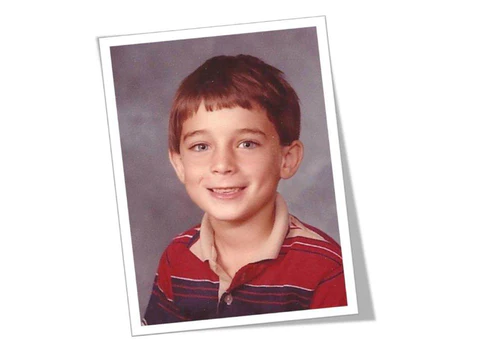
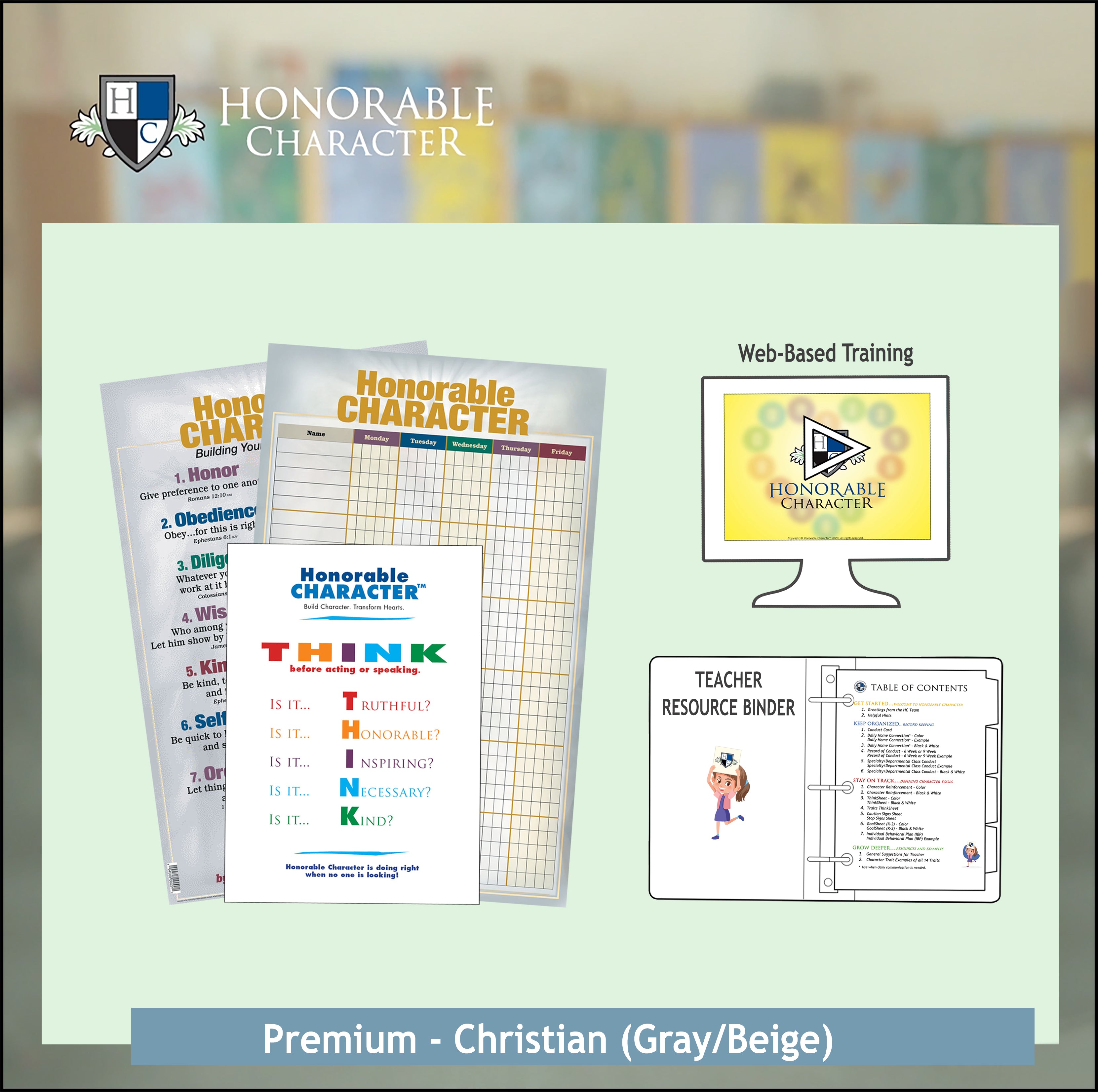
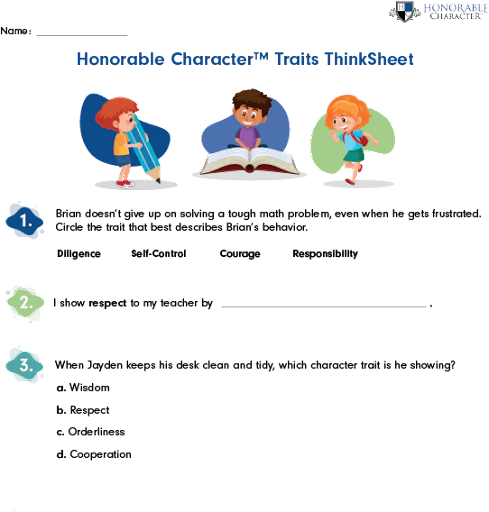
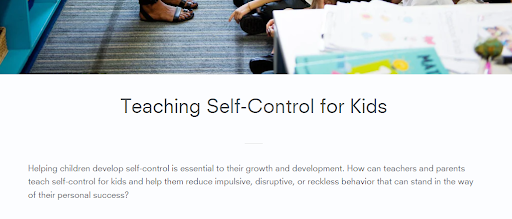
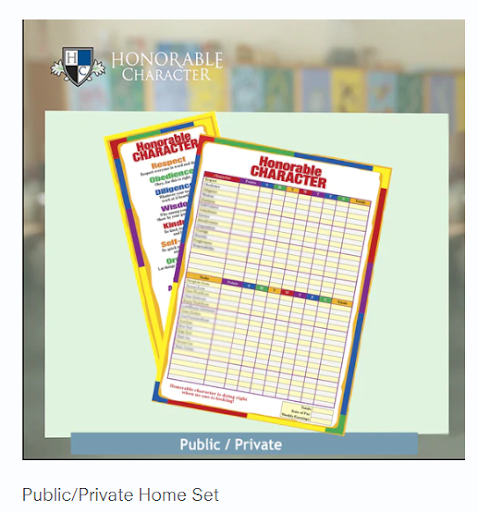
Add a comment